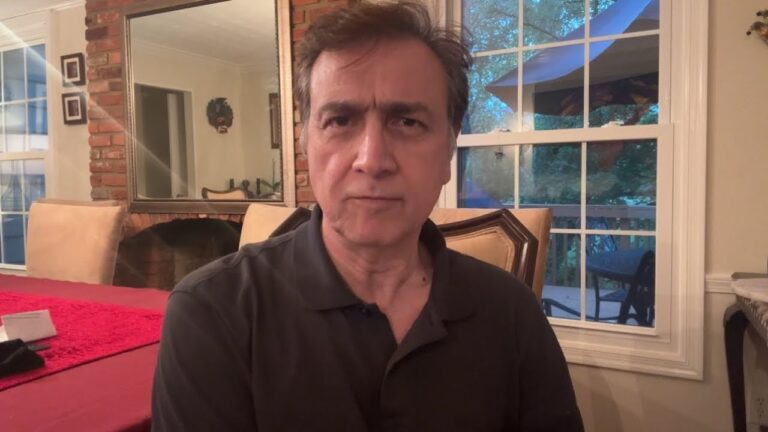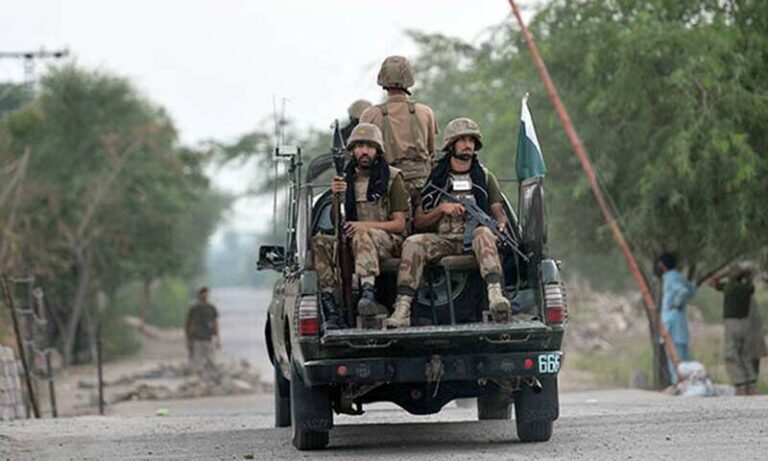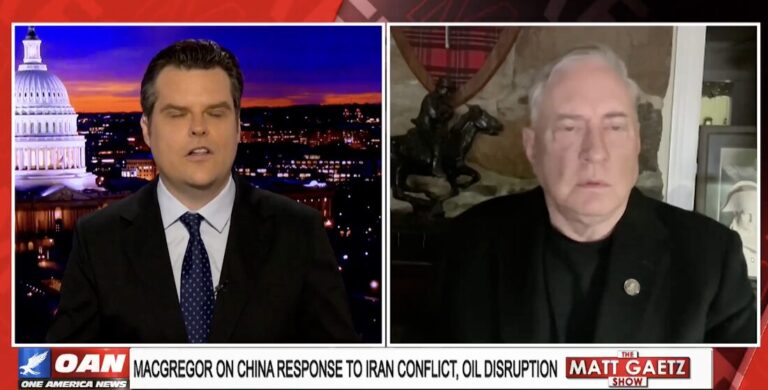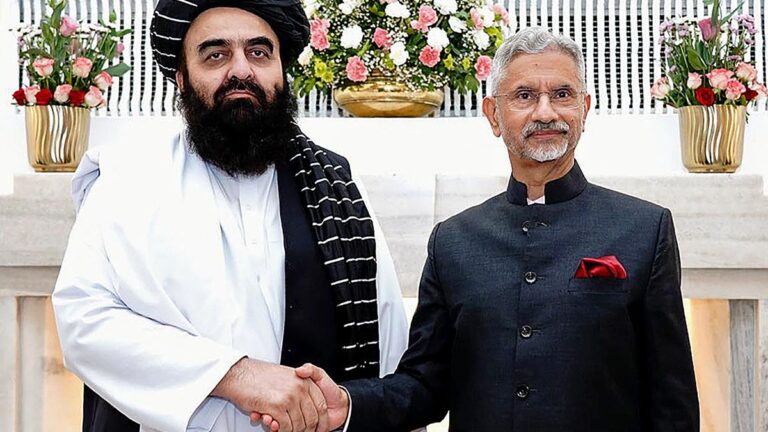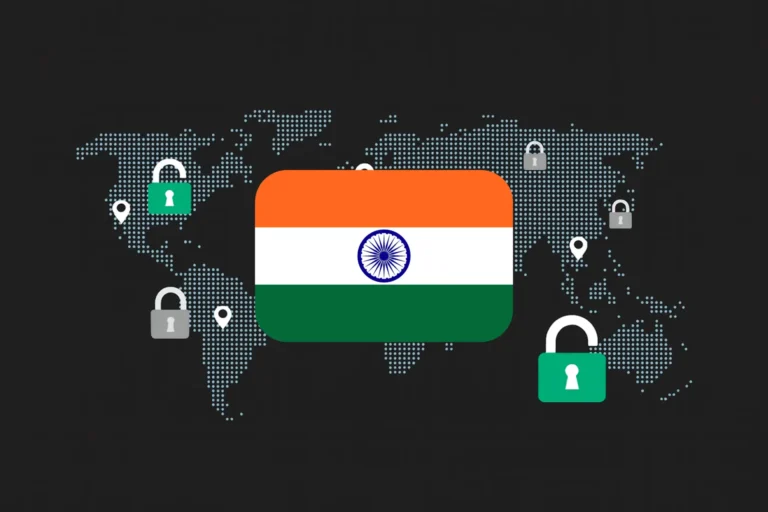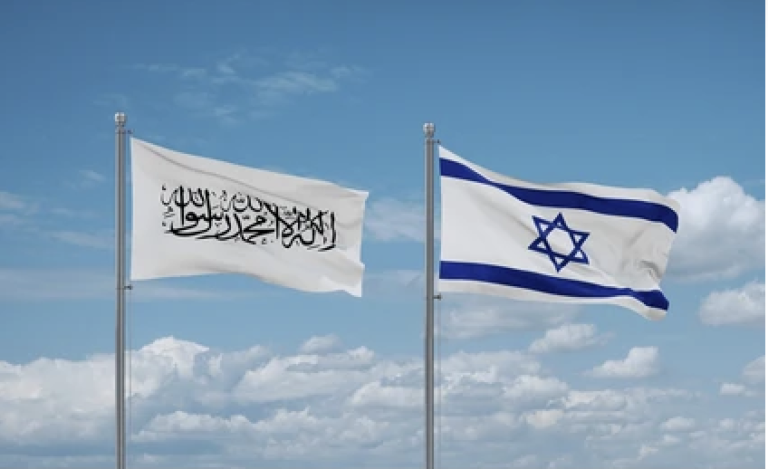Confronting Terrorism
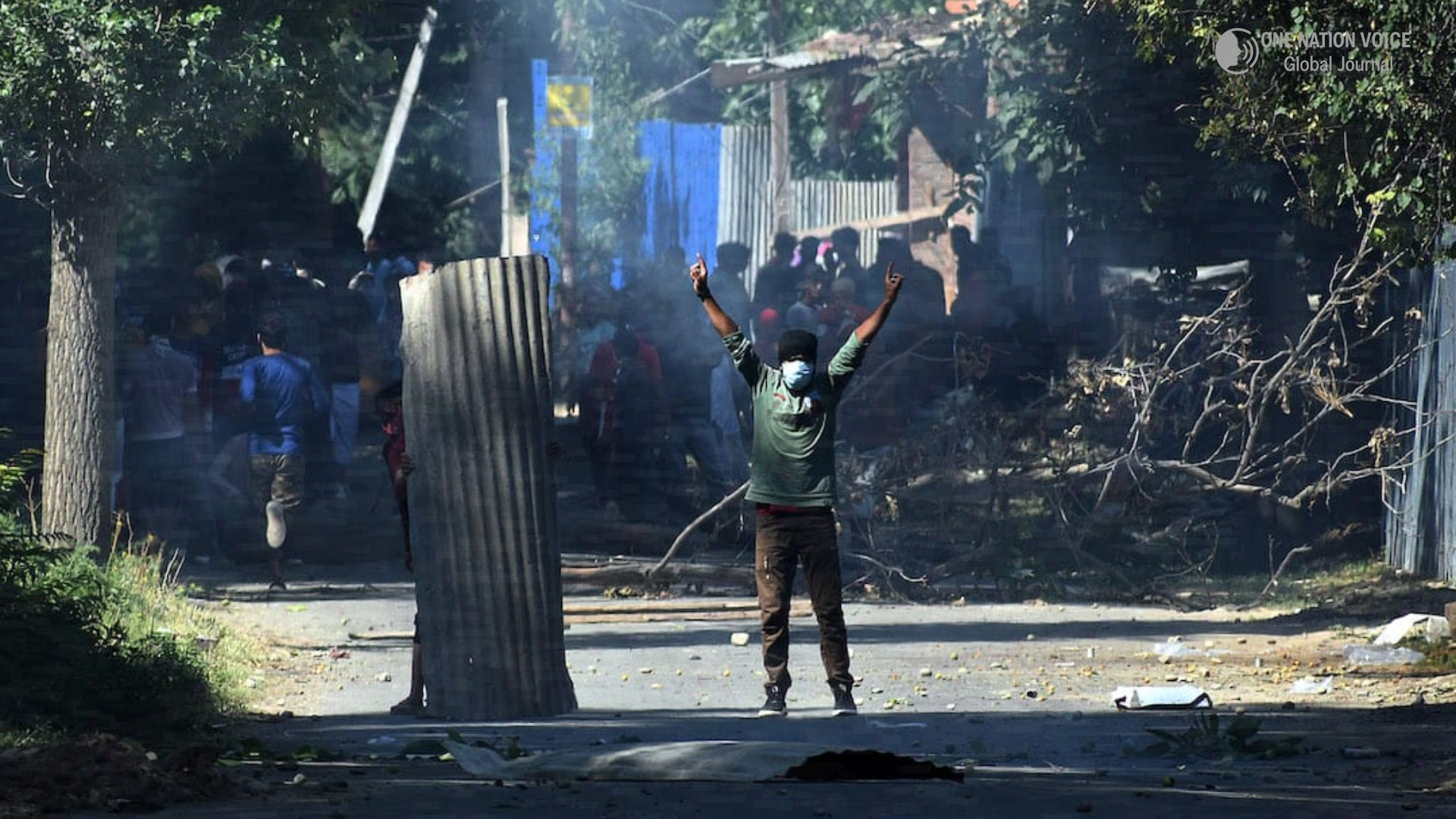
This book titled Confronting Terrorism, edited by M. Maroof Raza is quite timely and urgent in its examination of the problem. India faces in its responses to the modern terrorism. The nature of terrorism is evolving by shifting the parameters of engagement by involving the commonly perceived safety of the civilians in large cities as well. This is what the collection of essays reminds us of after being published amid the aftermath of the Mumbai terrorist attack that occurred in 2008. The Mumbai attacks were not only a national tragedy but also an indication of the way terrorism had been able to respond to Indian weaknesses to plot the attacks. The book, with its collection of perspectives of military historians, strategists and analysts, compels the reader to be afflicted by necessary but uncomfortable questions:
Is India ready to counter a combination of these threats? Can its institutions be able to mount an efficient response?
One of the good features of the book is to place terrorism in the larger development of war. Terrorism is not considered a marginal criminal and deviant behaviour but a determined and rational way of conflict to obtain political objectives. This viewpoint is relevant especially regarding countering the complacency in the state reactions. By making this comparison between terrorism and war, the contributors show the necessity of systemic reform in India in the security services. They claim that police forces, paramilitary forces, and even the Army should instead of responding to threats they should implement proactive strategies which can predict threats before they occur. In a place as large and heterogenous as India, this cannot be something that can be achieved through the purchase of weapons and technologies alone but a change of the culture in the conceptualization of security.
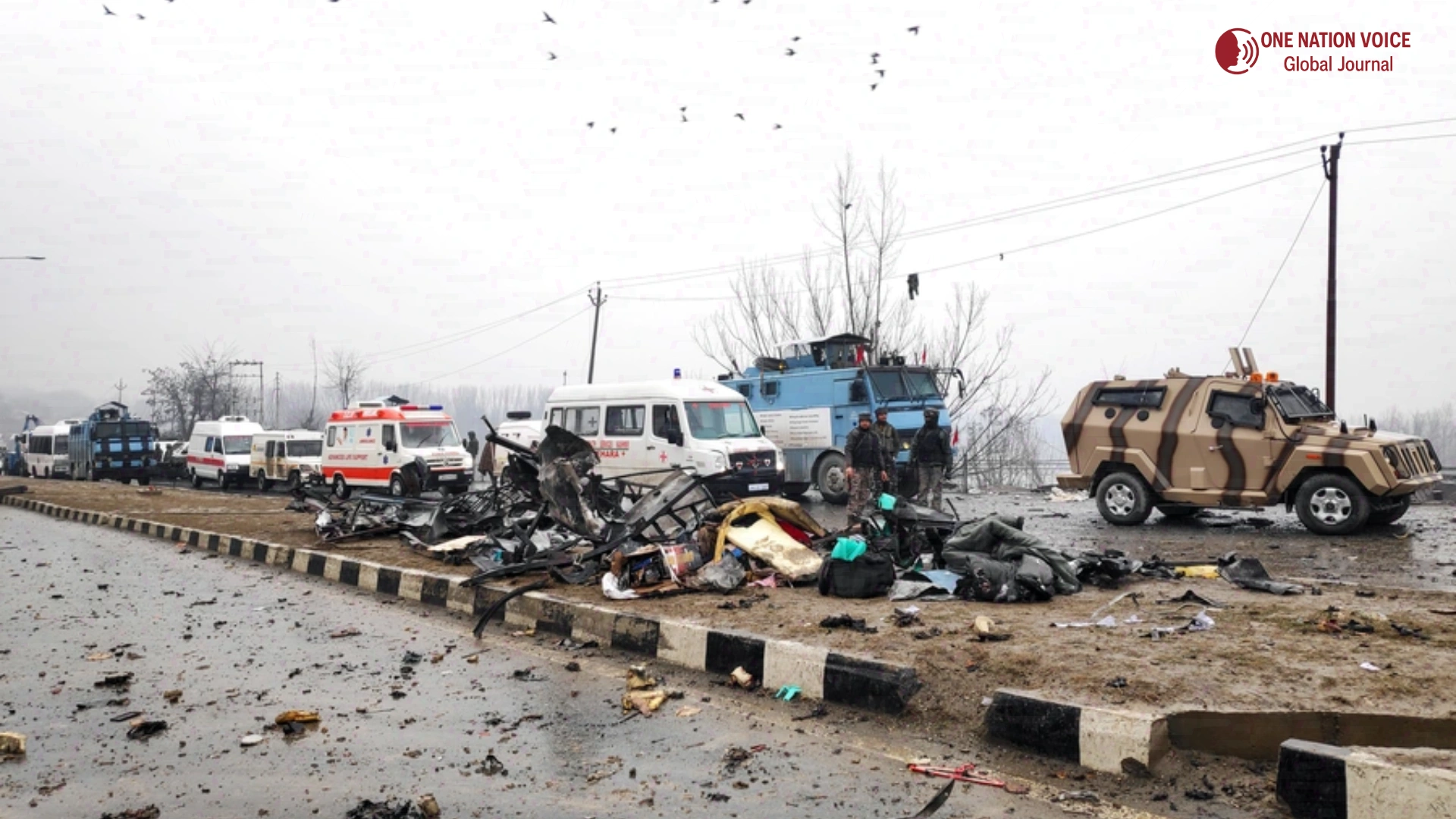
The other important theme of the collection is that of nuclear terrorism. Some people might regard this topic as speculative; however, the authors of this volume provide a strong justification of the non-neglect of this topic. In South Asia where nuclear weapons have already been developed in both India and Pakistan, the likelihood of non-state actors acquiring access to fissile material cannot be ruled out.
In this way, it positions the security dilemma of India at a regional and global level. Not only are the borders under threat, but rather an amount of state and non-state players that work using an interconnecting network counter each other, with some of them prospering with the results of the terrorism.
The favourable addition of various contributors gives the book credibility and depth which, however, reflects a certain centric view towards the defence. Essays are mostly composed by military intellectuals who of course focus on security, intelligence and tactical response. Although this makes the book worth reading by policymakers and security professionals, it leaves comparatively less space to discuss socio-political origins of terrorism. The issues of radicalization, deficits in governance and economic inequality are not focused as they should be. This is a shortcoming since long-term measures to curbing terrorism should not be restricted to guns and bombs. They should also entail counter-recruitment into extremist networks and countering grievances that lead to militancy. Yet, it might be claimed that the book is not meant to deliver comprehensive sociological account but to reinforce the short-term defences of India.
The reading of Confronting Terrorism today even over a decade after its publication presents the relevance of the work as well as its obsolescence. On the one side, India is still subjected to cross-border terrorism, and to spectacular urban attacks. The lessons learnt regarding preparedness and coordination of intelligence are quite relevant. On the one hand, the terrorism environment has changed as new cyber-terror, lone-wolf and global jihadist movements present new challenges to security agencies around the world since they appear no less devastating than their physical weapons. These emerging facets of terrorism are not extensively covered in the book and that is hardly surprising since it was published in 2009 and making this up-to-date assessment is very important when considering its current relevance.
The book brings out excellently the relevance of political will. According to the essays, terrorism cannot be defeated by applying military power. It needs leadership that gives priority to the reform of security, competent deployment of resources and accountability in the institutions. The Mumbai attacks of 2008 were a classic example of how failure at various levels or tiers, right up to the coast security, can result into disaster. To ensure that such calamities do not happen in the future, India should learn well from Confronting Terrorism.
The book is a warning as well as an appeal. It cautions about complacency in the world of adaptive and murderous terrorism. It also urges India to take bold action: to go beyond military strength, and work to tighten governance, enhance coordination and build resilience in its society.
Even though it may be desirable to see an increased involvement into the underlying roots of terrorism, the book manages to initiate a discussion and make people take things more seriously. This collection is unique in its unemotional and compelling analysis in the context of political world where the debate over the issue of terrorism is sometimes reduced to mere rhetoric.
Confronting Terrorism, in my perspective, ought to be interpreted not only as a reflection of what happened in Mumbai or the threats, which were in existence at that time, but as an everlasting reminder of security as something in motion. The very existence of terrorism lives on surprises, disruption and adaptation. To tackle it, India must be as nimble, creative and determined. Maroof Raza and his contributors present only one part of that equation, the strategic and defence aspect. It is now upon policymakers, scholars, and civil society to widen the discussion to incorporate the social, political and economic aspects too. It is then that India can take on terrorism in its full depth.
Disclaimer:
The views and opinions expressed in this article are exclusively those of the author and do not reflect the official stance, policies, or perspectives of the Platform.

